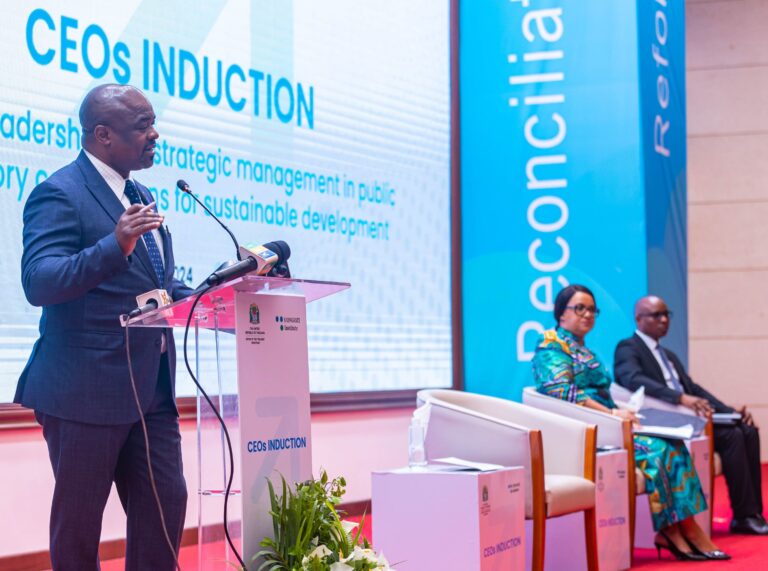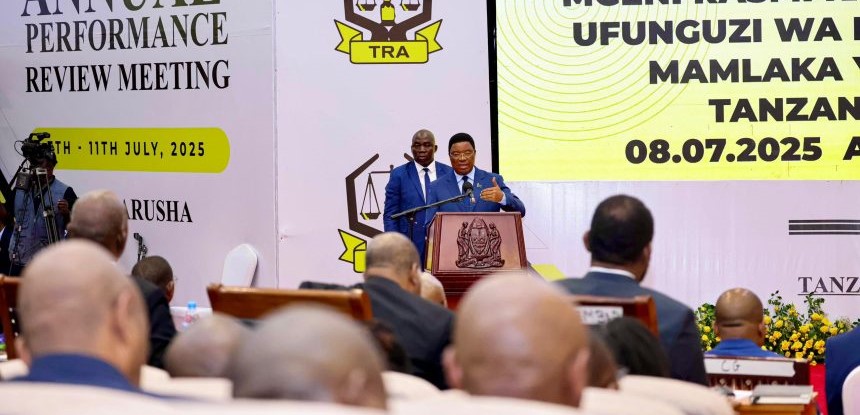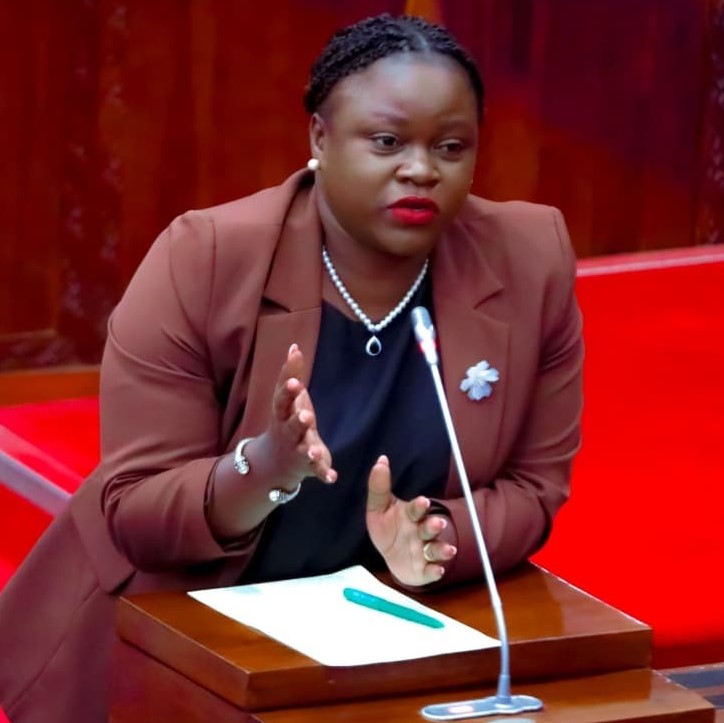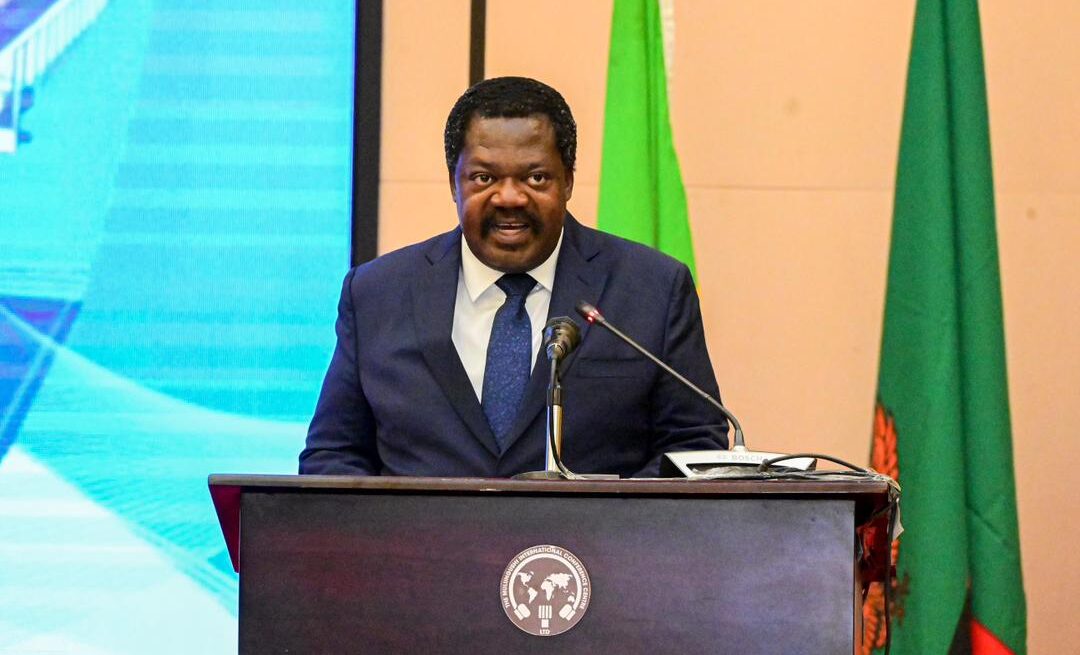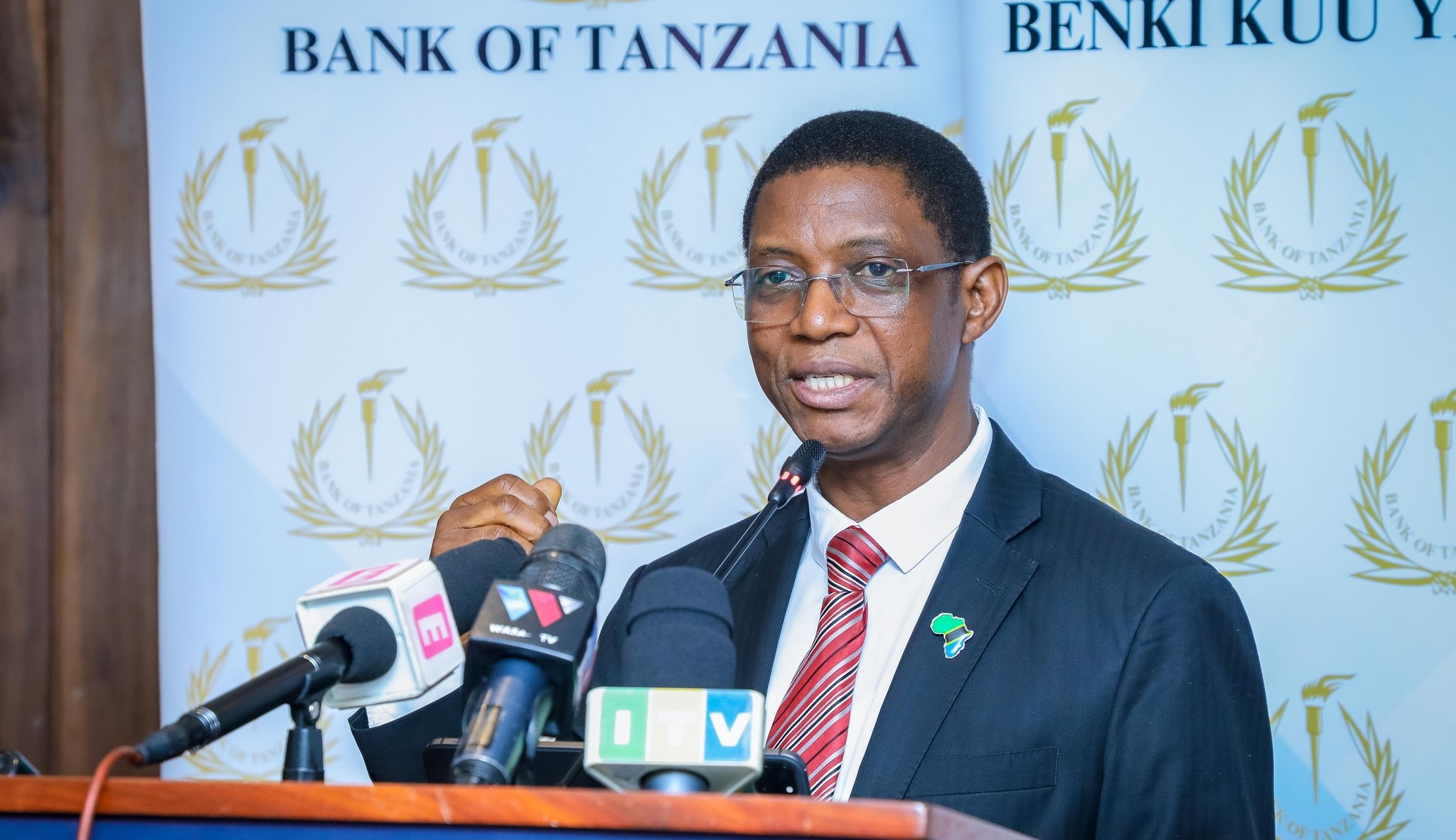Dar es Salaam. In a move aimed at bolstering the efficiency and effectiveness of strategically important and commercially focused public institutions, the Tanzanian government, under President Samia Suluhu Hassan, is embarking on a reform process to grant operational autonomy to qualifying entities.
The Office of the Treasury Registrar, led by Mr Nehemiah Mchechu, has been tasked with evaluating institutions and determining the optimal implementation strategy for this significant undertaking.
This initiative is a direct response to persistent challenges hindering operational efficiency within the public sector.
The prevailing “one-size-fits-all” governance model, particularly concerning human resource management, procurement and board oversight, has demonstrably contributed to systemic inefficiencies.
Numerous institutions struggle to effectively execute their mandates due to overlapping accountabilities to various authorities and legal frameworks that are often misaligned with their specific objectives and operational realities.
The government has therefore recognised the necessity of selective operational autonomy for strategically important and commercially oriented institutions.
Mr Mchechu recently articulated the government’s meticulous approach to evaluating public institutions before granting increased operational independence.
He emphasised the potential for such autonomy to stimulate innovation and drive efficiency.
“To enhance productivity and ensure the effective utilisation of this autonomy, specific criteria will be applied to identify eligible institutions and measure their performance outcomes,” he stated.
The criteria for eligibility are comprehensive and rigorous.
They include alignment with national strategic priorities, the capacity to generate revenue independently without relying on government subsidies, and demonstrable contributions to non-tax revenue deposited into the Treasury’s Consolidated Fund, in accordance with the Treasury Registrar’s stipulations.
Further considerations encompass the institution’s commercial viability and competitiveness in both domestic and international markets, the sensitivity and security implications of its services, the availability of alternative service providers, and the extent of its operational impact across multiple economic sectors.
Furthermore, institutions will be assessed on their economic, political, social, and security contributions, as well as their role in national GDP growth and employment creation.
“We want the public institutions under our oversight to operate efficiently, reducing their reliance on central government funding while simultaneously increasing their contributions to the Treasury,” Mr Mchechu explained.
Accountability
However, increased operational autonomy will not be granted without robust accountability mechanisms.
“The government will not simply grant operational independence – we will continue to closely monitor performance to ensure these institutions remain aligned with national priorities,” he said.
This underscores the government’s commitment to a balanced approach, recognising the need for both autonomy and accountability.
Mr Mchechu outlined the performance-based approach to granting and maintaining autonomy.
“Institutions that demonstrate strong performance will be granted greater independence, while those underperforming will receive targeted support to improve.”
This tiered approach incentivises strong performance and provides a framework for addressing weaknesses.
This initiative reflects the Tanzanian government’s commitment to cultivating a more dynamic and self-sufficient public sector, one capable of driving economic growth and achieving its strategic objectives.

